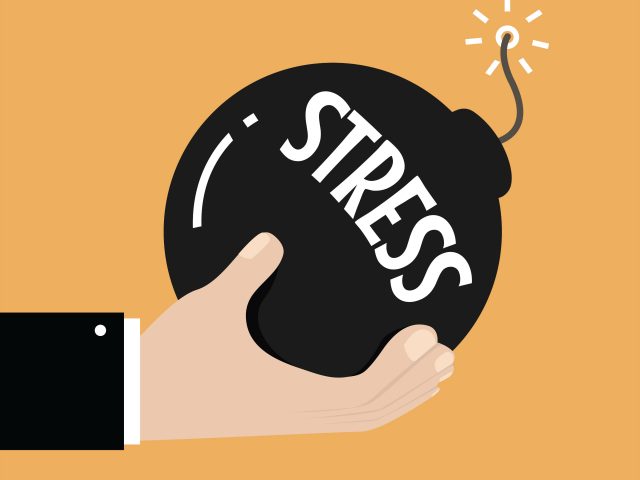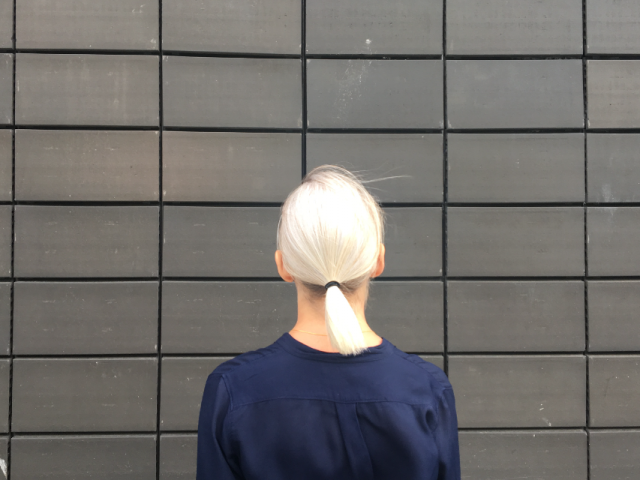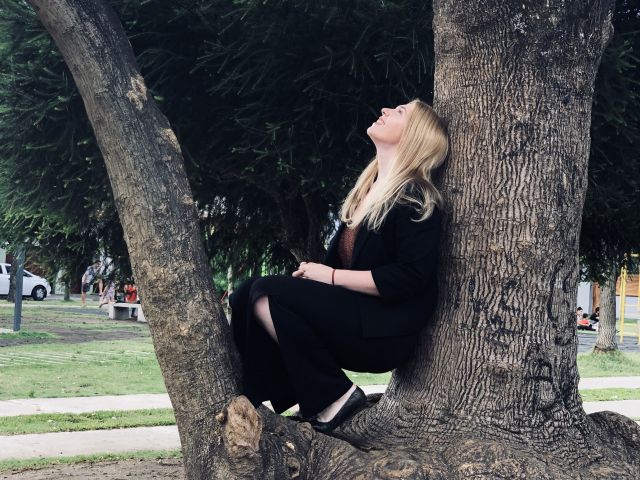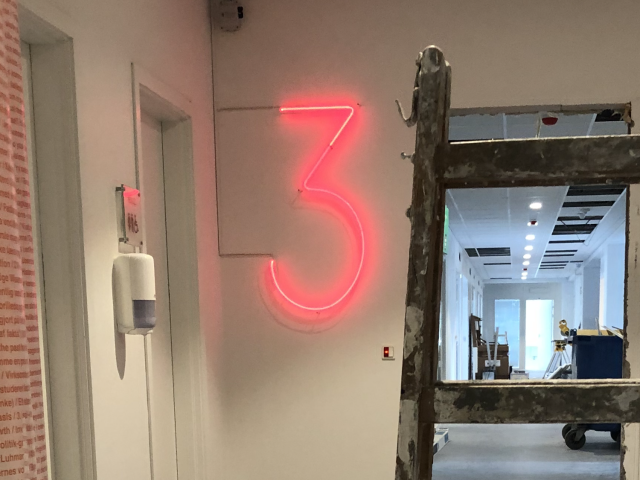Are you okay? New survey investigates PhD students’ working conditions

PhD and Master’s students worldwide report rates of depression and anxiety that are six times higher than those of the general public, according to a recently published research paper. Now, the PhD Association Network of Denmark and the Danish Association of Masters and PhDs want to investigate the working conditions of Danish PhD students.
On March 26, 2018, the scientific journal, Nature, published the following tweet:
PhD and master’s students worldwide report rates of depression and anxiety that are six times higher than those in the general public. What do you think should be done to help? https://t.co/uAlQUHdfWo
— Nature News & Comment (@NatureNews) 26. marts 2018
The tweet linked to a research paper entitled: ‘Evidence for a mental health crisis in graduate education’, which was published in Nature Biotechnology on March 2, 2018. Based on the responses of 2,279 students from 26 nations, the paper found that more than 40 percent of respondents had anxiety scores in the moderate to severe range, and that nearly 40 percent showed signs of moderate to severe depression.
The paper and the tweet led to a massive outpouring on Twitter with more than 2,000 retweets and 255 replies. The latest development is that the paper was mentioned in the article, ‘Epidemi på forskergangen’ in the Danish newspaper Weekendavisen on February 8.
Now, the PhD Association Network of Denmark (PAND) and the Danish Association of Masters and PhDs (Dansk Magisterforening) want to map the issues and the general working conditions among the Danish PhDs.
“It’s clear that there are issues, however, we don’t know much about their origin,” says Vanya Rusinova, PhD Fellow at the Department of International Economics, Government and Business and co-chair at PAND and continues:
“Is it related to PhD students feeling stressed and anxious about the workload which includes teaching, taking courses, and producing high level research, as well as worriying about what comes after the PhD? Is the work environment contributing to this? Or do they feel uncomfortable discussing these issues with colleagues or their supervisor? We need to map this.”
The deadline for answering the survey, PhD students’ working conditions, is March 8, and you can access it here: https://phddenmark.dk/first-pand-survey-phd-students-working-conditions/
Competition for fewer positions
From 2004 to 2015, the number of PhD students doubled from 4,700 to 9,700 according to Statistics Denmark. This has, of course, led to changes in the conditions of the academic environment, points out Vanya Rusinova.
“The demands and the requirements for PhD students have changed. There are not many positions in academia and the competition is fierce,” she says and continues:
“Furthermore, a recent report shows that in the past ten years a lot has changed in terms of the number of years it takes to move from a PhD to a tenure-track position. In certain disciplines, you have “serial postdocs”, where young researchers have taken on several postdoc positions one after the other for a total of nine years. That’s worsening the problem.”
Vanya Rusinova explains that when you work as a postdoc, you’re hired on a short-term contract, usually lasting between one and three years. This is often a necessary step, as PhDs only have three years to complete a PhD, so having a few extra years as a postdoc allows for the PhDs to prepare for the future academic life, says Vanya Rusinova.
“The pressure comes if you end up staying in such position for many years and take one postdoc position after another. This makes it difficult to move to a permanent position and creates a lot of uncertainty in terms of the career path for PhD students, and it certainly puts a lot of pressure on us as well as the postdocs.,” she says.
Vanya Rusinova expects that the results from the survey will be ready about a month after the deadline of March 8.
“I hope we get to understand the working conditions of the PhD students better, and that we can gather the knowledge and concerns on the issues and come up with recommendations for how different higher education institution as well as the individual departments can address this,” she says.






































































































































Comments